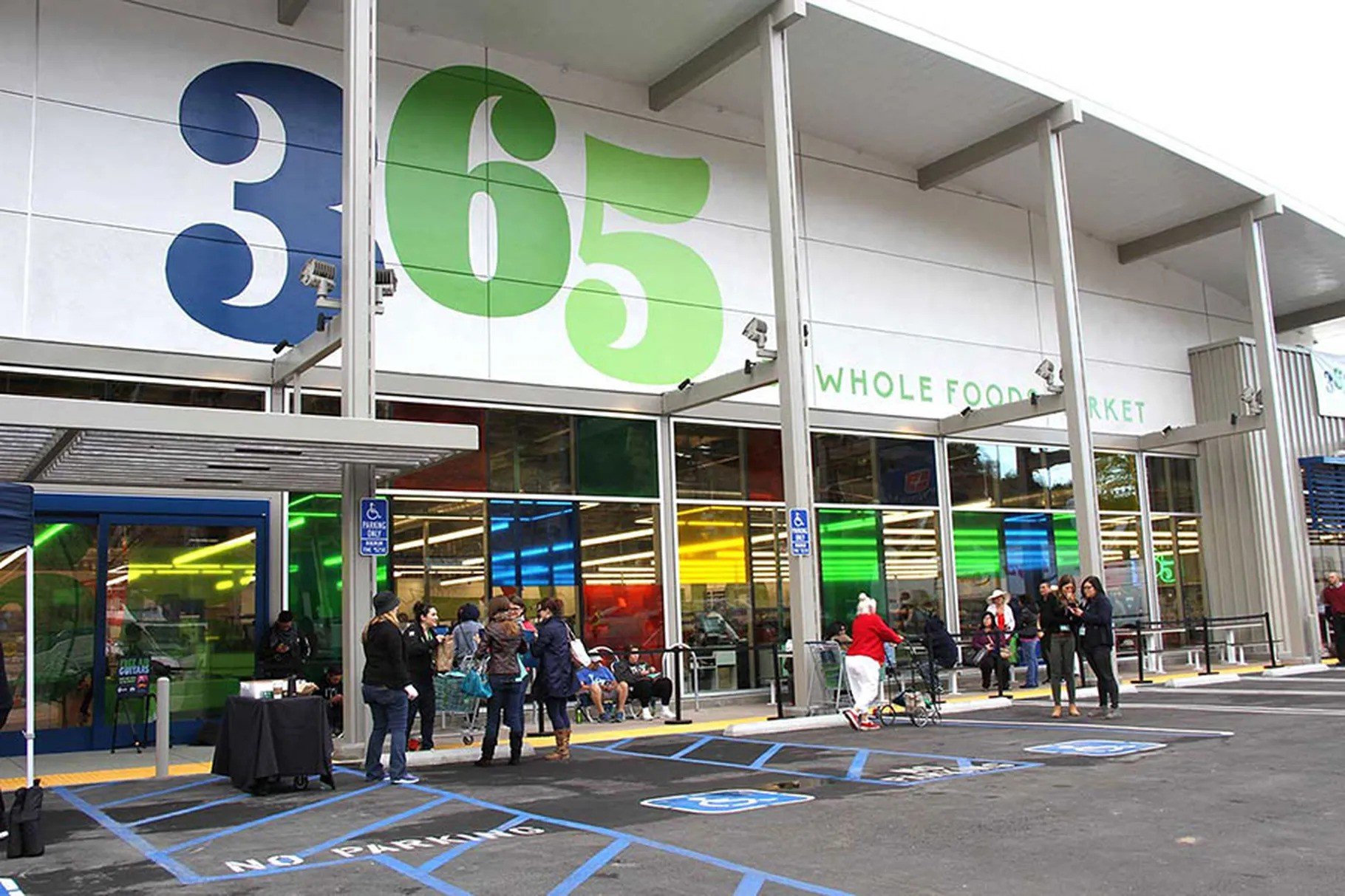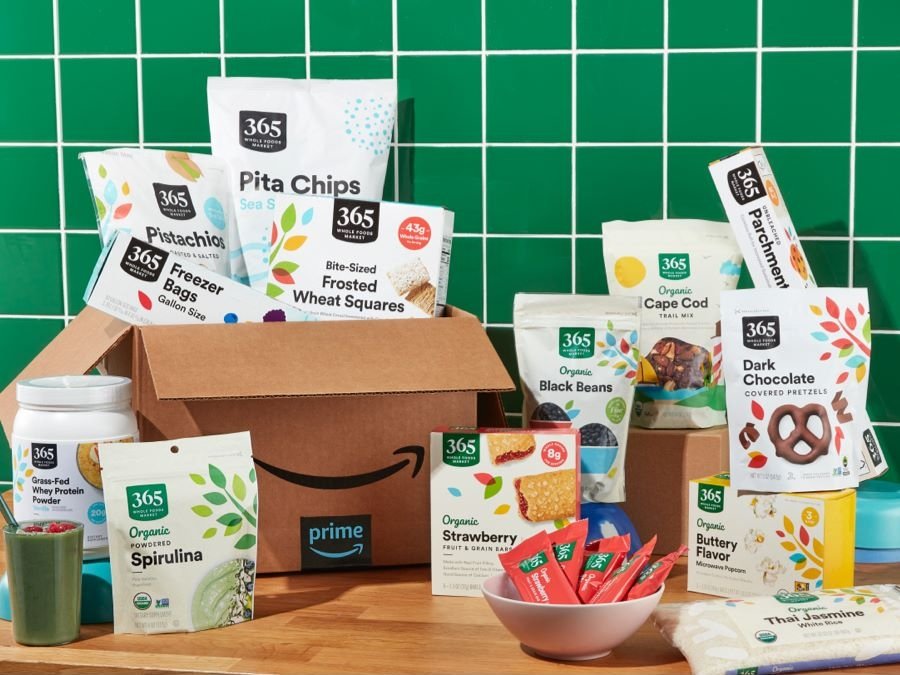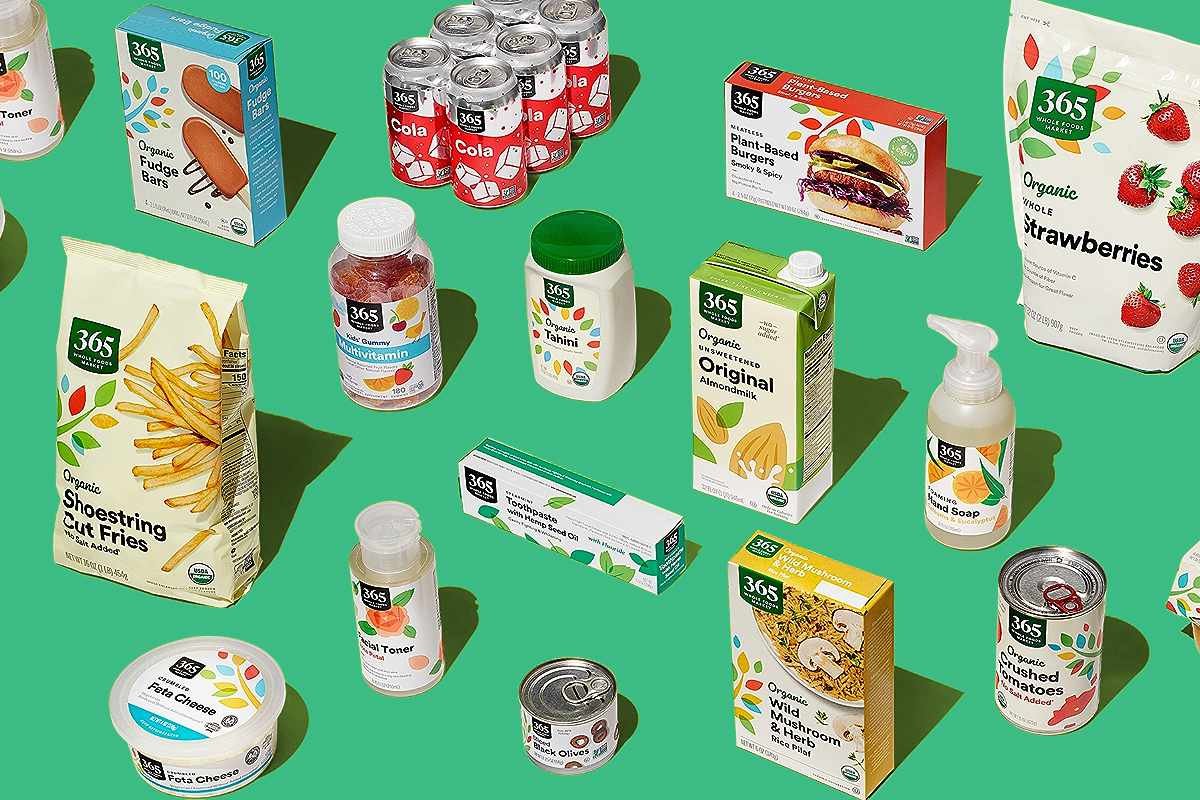Confectionery Visionary: A Sweet Journey into the World of OCHO Candy with Founder Denis Ring
Surely, you’ve all seen the Ocho Candy bars lining the shelves of your favourite grocery, or on a billboard while driving to your destination, tempting you to bite into their delicious, chocolatey embrace. As I got my hands on a pack of OCHO peppermint chocolates, I realised that these delightful confections were proudly manufactured right here in Trinidad and Tobago. It was this realisation that sparked my curiosity and my research began.
I needed to know about the creative mind behind Ocho Candy, leading me right to Denis Ring. His journey into world of business is nothing short of fascinating. From navigating the complexities of a retail giant like Whole Foods to venturing into the highly competitive world of chocolates, Denis’ story is sure to leave readers brimming with insight.
In this exclusive interview, we delve into his upbringing, the intricacies of his journey, the experiences that have shaped Ocho Candy into the brand it is today and so much more. This interview is sure to be a great read for anyone with a taste for entrepreneurial inspiration and a love for delicious organic candy.
Can you take us back to the very beginning? Looking back at your childhood and formative years, can you share some vivid memories or experiences that you believe played a vital role in shaping the person you are today? How do you think your upbringing and early experiences have shaped your approach to business, leadership, and the values Ocho Candy embodies?
Denis: Our family grew up where I had access to open nature in the form of creeks, open fields, wooded areas, and even open water. As I grew older the time I spent in nature became increasingly important and it led to a respect for the importance of honouring our natural beauty.
This, in turn, led me years later to an affinity with organic food production because it protected the land, and our water resources, and reduced the use of chemicals that damage the planet. OCHO candy uses only organic ingredients which, though indulgent, don’t have the residual chemical other products have.
The chocolate is Fair Trade and organic so it’s more expensive but our DNA at OCHO calls us to be good stewards of the planet, without sacrificing good taste.
As you look back on your school days, can you share a pivotal educational experience that left a lasting impact on you? How did your academic journey contribute to your personal and professional development?
Denis: I spent a year in Vienna, Austria. Even though I was studying international business, I spent a great deal of time visiting the famous museums in the major cities of Europe. I didn’t know at the time that I was absorbing important lessons on composition, colour, and the beauty of presentation.
It wasn’t until many years later when I was designing the packaging for various products that I carried forward the lessons of visual design. The graphics of OCHO are simple, clean, bright, and accessible. The brand isn’t boring and the presentation aspires to be beautiful.
Our team learned that you attended Yale School of Management. Can you share some insights into your experience there? How did the environment and interactions with fellow students and faculty contribute to your growth, and were there specific lessons or experiences from your time at Yale that have impacted your approach to entrepreneurship and business leadership?
Denis: The two years at Yale were intense and lovely. The net result was more than friendships and community, it included confidence and credibility. When I was there the term “entrepreneurship” wasn’t as popular as it is today but the building blocks of entrepreneurship were present. Understanding marketing, finance, communication, team-building, and other aspects of business have helped a lot.
We also learned that you initially pursued studies to be a priest. Can you share some insights into that period of your life? What factors or experiences led to the shift from aspiring to become a priest to eventually founding a successful business like Ocho Candy?
Denis: When I finished my undergraduate years at Santa Clara University (a Jesuit University) I joined the Jesuits. I remained in the order for 7 years and would have spent another 5 years or so before I was ordained a priest. I left the order because I felt my life would be incomplete without a family.
I loved the Jesuits and continue to support the order by sitting on boards and helping when I can. When I left, I didn’t have any career goals, I had to start from scratch but I knew I was drawn to the food business.
Before founding Ocho Candy, you had experience with Whole Foods. How did your time with Whole Foods shape your understanding of the organic and natural food industry, and what key lessons did you carry forward into your venture with Ocho?
Denis: I developed the 365 product line for Whole Foods. It was a dream job because it was so creative and allowed me to make friends with people all over the world. Whole Foods was a pioneer in making organic foods available throughout the United States and while I was there I kept waiting for somebody somewhere to develop good organic candy bars.




Most of the early confections were made with carob and used rice syrup as a sweetener. I didn’t like them at all, so years after I left Whole Foods I developed the OCHO line and the first retailer I called on to present the product was Whole Foods. They approved the products right there on the spot!
The organic food movement is important for many reasons. The emphasis on conservation, resource allocation, avoidance of toxic chemicals, and so forth is good for everyone on the planet.
During your tenure, there was the concept of “Whole Foods 365.” Can you elaborate on what it represented?
Denis: Whole Foods is very expensive and everyone complains about this. The CEO and several other senior management people wanted to create a less expensive line of products. I was brought in to create a brand exclusive to Whole Foods that was competitive and that turned out to be “Whole Foods Market 365 Everyday.”
It was the same price all the time - no discounts, no high/low games. It was just a good product at the same price all the time. It was a huge success and the 365 products usually became the number 1 or number 2 best-selling product in every category.
I think a lot of retailers underestimate their customers and think that prices don’t matter. I disagree and the OCHO product line was designed to be affordable, accessible, and delicious. The designs I had done for both 365 and OCHO were meant to be colourful, joyful, and bright.
What inspired you to start OCHO and focus on creating an organic chocolate brand?
Denis: OCHO was created to fill a void in the marketplace. Everyone knows Snickers, Mounds, Almond Joy, Bounty, etc. There were no organic versions of those products so OCHO is trying to be a cleaner alternative.
Could you provide a comprehensive explanation of what it means for OCHO to be organic? How does the commitment to organic practices influence the sourcing of ingredients, the production process, and the overall mission of the company?
Denis: As organics became popular in the United States in the 80s and 90s, it became clear that standardised definitions of the term organic were needed. Was something organic if 55% of the ingredients were organic? How were ingredients defined as organic, etc? The US Food and Drug Administration, through the USDA, established federal guidelines for organic claims in food. These guidelines are called the National Organic Plan or NOP. There are lots and lots of requirements.
In short, OCHO uses chocolate and other ingredients that are grown without pesticides, herbicides, and artificial fertilisers. The equipment used to make the products is cleaned without harmful detergents and every step of the way is designed to make sure there are no contaminants that would compromise the integrity of the product.
The decision to move OCHO Candy to Trinidad and Tobago is intriguing. Can you take us through the genesis of this decision? How did the process start, and what factors influenced the choice to relocate the company?
Denis: Partnering up with Associated Brands was a good decision for OCHO. Associated Brands is privately held and has deep experience in manufacturing confections, biscuits, wafers, cookies, and cereals. They are far better equipped than OCHO to optimize purchasing ingredients, manufacturing, and the like.
The mutual decision to fold OCHO into Associated Brands was based on improving the economics. When Trinidad and Tobago was under the Covid lockdown it delayed the ability to manufacture but we have overcome those issues, and related issues such as ingredients, shipping, and new product development.
Are there unique challenges or advantages to operating a chocolate business in Trinidad and Tobago compared to California?
Denis: There is a lot of organic cacao being grown in the Caribbean and South America. The idea of being close to the growers is appealing and it ought not to come as a surprise that the cost of labour, especially in the San Francisco Bay Area is prohibitively expensive. Partnering with Associated Brands has helped OCHO reduce costs and improve efficiencies.
What role do you see OCHO Candy playing in the broader movement towards sustainable and ethically sourced chocolates?
Denis: It may be best to describe our efforts as a member of the choir. We have always supported sustainability and ethically sourced ingredients in our products but the biggest players have more influence.
Luckily, the big guys are paying far more attention to these issues than they did ten years ago. It’s progress.
Failure is often a powerful teacher. Can you share a specific instance where you or OCHO Candy faced setbacks, and what lessons did you extract from those experiences?
Denis: Failure is a natural part of the process. We have had to discontinue products that didn’t please our customers. The first was a milk chocolate mocha bar. After that, we stopped making our peanut butter and jelly products.
PB&J is such an iconic flavour combination in the United States so we thought it would be a huge success but it didn’t do well so we also discontinued those.
One of the clear lessons we took from these failures is that OCHO needs to stay close to the mainstream flavours. The coconut bar is a good example, as is the milk chocolate caramel mini. These products are familiar but OCHO tries to make them with organic ingredients and to make them taste better than anything on the market.
Denis, as we wrap up our conversation, I’d like to pose one final question. With your experience in both the food sector and as a business owner, what advice would you offer to individuals aspiring to make a mark in the food industry or embark on their entrepreneurial journey? Are there key lessons or principles that you believe are essential for success in this challenging yet rewarding field?
Denis: I think a few things are necessary. The first is to have good decision-making skills. In entrepreneurship, it’s easy to be timid, to rush decisions, or even to get bogged down. It’s important to decide what you want to do and then execute it. It’s also important to make sure there are adequate funds to grow the business
A third key component is having a strong, creative, and mature team. Entrepreneurship is passionate stuff and people will have strong opinions and pride in authorship. There will be times when it’s unclear how to proceed but a good team will have the flexibility and emotional maturity to yield when it’s necessary or to come together and collaborate.
In the end, entrepreneurship is influenced by hard work, a good team, prudence, and good luck.
Denis Ring’s story is a testament to the idea that true growth is intertwined with perpetual evolution. From his formative years and spiritual years to his time at Whole Foods and the founding of OCHO Candy, you can see that Denis never stopped working, dreaming, and following his heart.
As this interview comes to an end, I hope that anyone who takes the time to read this article walks away feeling inspired to pursue their dreams and passion. Remember to work hard, to be brave, and to believe in yourself while on your journey towards success and fulfillment.

